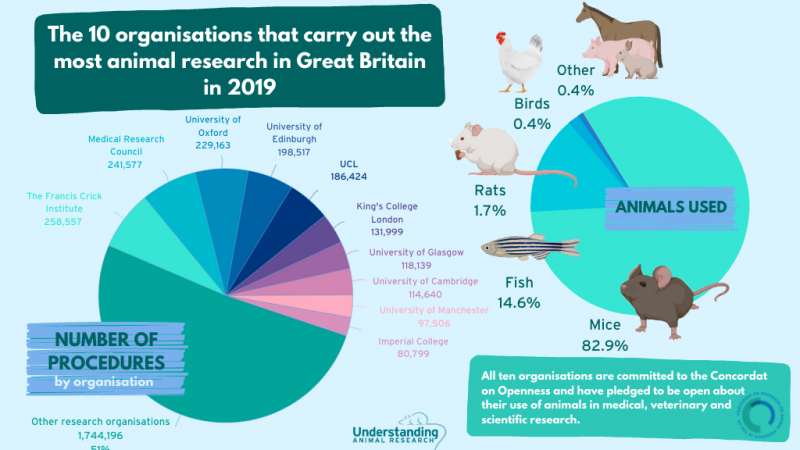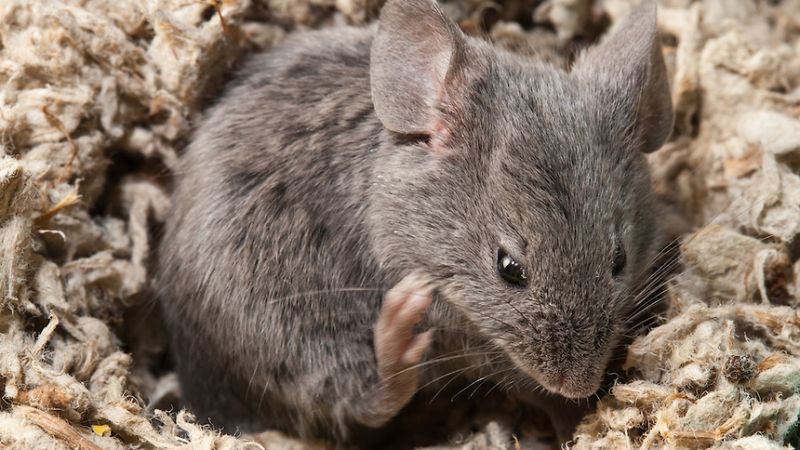 A new kind of stem cell, that doesn't involve destroying embryos, has produced new life. iPS cells are made from ordinary skin cells, and were hailed as a breakthrough two years ago when they were produced by genetically reprogramming human skin cells.
A new kind of stem cell, that doesn't involve destroying embryos, has produced new life. iPS cells are made from ordinary skin cells, and were hailed as a breakthrough two years ago when they were produced by genetically reprogramming human skin cells.
Questions remained about whether iPS (induced pluropotent stem) cells could act like embryonic stem (ES) cells and morph into any cell type in the body. Now two teams of researchers have answered these questions, by producing live mice.
Stem cells were coaxed from the skin of adult mice and then reprogrammed using a virus. Because the cells can't create a placenta, the researchers then combined the new stem cells with cells that provide a placenta. While there were abnormalities and unusual deaths with some of the first generation of mice, one team produced enough normal mice this way to create hundreds of second and third generation mice.
The work shows that the new type of stem cells satisfy the most stringent criteria of embryonic stem cells – the ability to make a mouse entirely from cells in a dish. These type of stem cells generate less controversy than ES cells, which scientists have been studying for more than a decade, because ES cells involve the destruction of embryos. The mice will be valuable in studying how cells are reprogrammed.
Last edited: 7 April 2022 14:24



